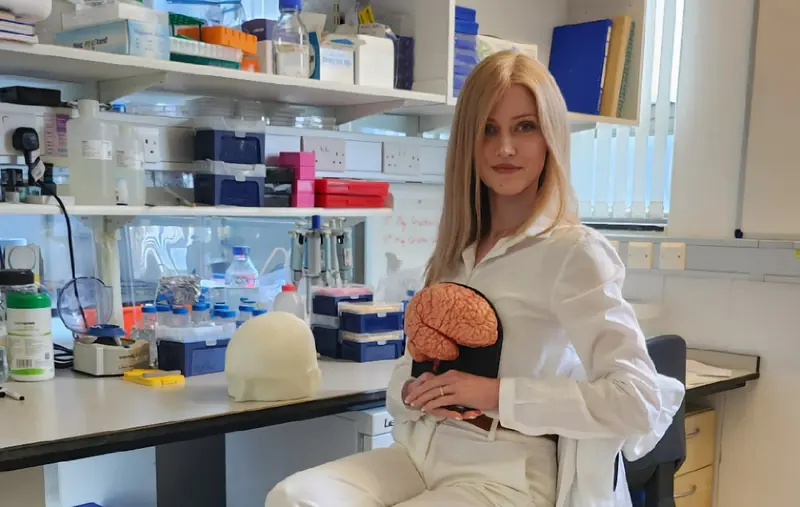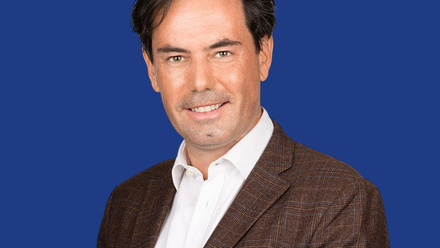Cellestial Health: further funding for pioneering approach to slow or stop Parkinson’s
Parkinson’s UK awarded Cellestial Health £55,000 to continue exploring networks of brain cells called astrocytes that may hold answers for new treatments for Parkinson’s.
There are many different types of cells in the brain. We know that in Parkinson’s, brain cells that produce dopamine become damaged and start to die over time. However, it’s possible that other types of brain cells could also become damaged, and they may even play a role in why dopamine cells become unwell.
Dr Nataly Hastings at Cellestial Health is leading a team of researchers to explore how a previously overlooked type of brain cell, called an astrocyte, could be involved in Parkinson’s. Astrocytes are star-shaped brain cells that form large networks in the brain. Within these networks, cells are linked by small connections which enable them to communicate and pass messages around the brain. It’s thought that a breakdown in these networks may play a role in the progression of neurological conditions, and Cellestial is looking to develop new drugs to restore astrocytic connections.
The new funding from Parkinson's UK will extend the collaboration between Cellestial and the University of Manchester to explore biomarkers and hallmarks of Parkinson's in human brain and cerebro-spinal fluid samples. This will be achieved with the help of the Parkinson's UK Brain Bank.

Dr Nataly Hastings is exploring how a type of brain cell, called an astrocyte, could be involved in Parkinson’s.
What could this mean for people with Parkinson’s?
This study aims to help us understand when drugs that can repair astrocyte networks might be useful for people with Parkinson's. It will also look for signs, called biomarkers, that show when these networks are disrupted.
Dr Nataly Hastings said:
Multiple lines of research show that astrocytes are important for brain health, therefore they are likely to be disrupted in conditions such as Parkinson’s and so far we have demonstrated that. The next logical step would be to protect networks of astrocytes and restore them back to health. The funding from Parkinson’s UK in 2023 was the first commercial funding awarded to Cellestial Health, which formed a fantastic foundation. We’re also very grateful for the community in the form of patient and public involvement. We’ve established an advisory group involving people with Parkinson’s and supporters, which helps us to stay centred on what we are doing and why we are doing it.





